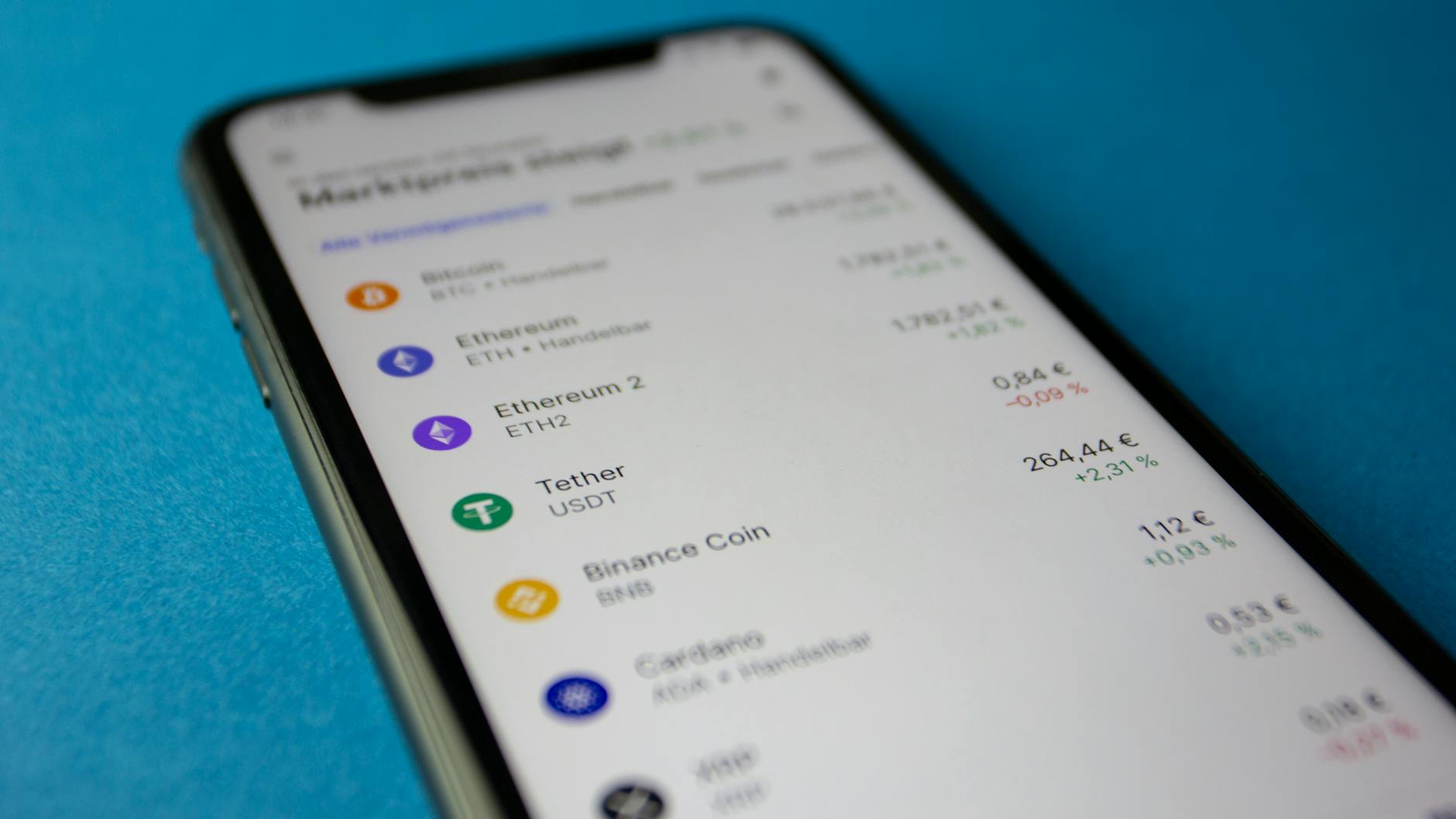In the rapidly evolving landscape of digital asset transactions, Crypto Trading Insurance has emerged as a critical layer of trust and protection—especially in the high-stakes arena of Big Block Bitcoin (BTC) Over-the-Counter (OTC) trades. As institutional investors and high-net-worth individuals (HNWIs) move large blocks of Bitcoin across private networks, the need for verification, security, and risk mitigation has given rise to a new breed of insured crypto trade structures.
Why Crypto Trading Insurance Matters
Traditional OTC crypto trades have historically faced trust issues between buyers and sellers. Without centralized exchanges acting as intermediaries, parties must rely on proof of funds, proof of wallet control, and often an element of blind trust. This is where Crypto Trading Insurance enters the picture.
Insurance coverage is now available through specialized underwriters and digital asset custodians to guarantee proof of wallet control and protect both sides of the trade in the event of fraud, spoofing, or settlement failure.
How It Works in Big Block BTC OTC Trades
Big Block BTC trades often involve tens to hundreds of millions of dollars in value, conducted outside traditional exchanges to avoid market disruption and maintain privacy. Here’s how insurance is used in this context:
- Proof of Wallet Control:
The seller must demonstrate wallet control by signing a cryptographic message from the Bitcoin address containing the asset. This signed message is verified independently by the insurer and/or a third-party escrow agent. - Escrow Structure with Insured Custodian:
Funds are often placed in a licensed, insured escrow with a digital asset custodian that holds coverage against internal theft, fraud, or cyber attacks. Coverage is commonly underwritten by major syndicates at Lloyd’s of London or other specialty reinsurers. - Trade Execution Coverage:
In the event of non-performance—such as one party failing to deliver BTC or fiat/USDT as agreed—trading insurance may cover up to the full notional value of the trade, depending on the policy and due diligence level. - Zero Counterparty Risk Structure:
By combining insured custody, proof-of-wallet control, and third-party validation, parties eliminate counterparty risk—a key barrier to Big Block trades in the past.
Key Benefits for Offshore Investors
- Enhanced Trust: Facilitates trades with unfamiliar or first-time counterparties.
- Compliance Alignment: Many insurers now require KYC/AML checks, helping bring legitimacy to the OTC trade process.
- Liquidity Access: Institutional-grade insurance makes it easier to close trades with large OTC desks, miners, or treasury holders.
- Dispute Resolution: In case of trade disagreement, insured platforms offer arbitration and insured asset recovery protocols.
Who’s Providing It?
Leading firms in crypto risk management and custody—such as BitGo, Copper, Fireblocks, and Anchorage—are now offering insurance wrappers or partnering with underwriters to offer customized coverage. Premiums typically range between 0.25% to 2% of the notional trade value, depending on jurisdiction, amount, and trade conditions.
Bottom Line:
Crypto Trading Insurance is reshaping the OTC Bitcoin market by making Big Block trades safer, faster, and more credible. For offshore investors seeking to move size without compromise, innovation opens the door to seamless high-value BTC transactions with verifiable wallet control and no counterparty risk.
At Invest Offshore, we work closely with insured OTC trade desks and escrow providers to facilitate secure and compliant transactions. Contact us to learn more about insured BTC deals and large block execution.
We also have investment opportunities in West Africa, including the Copperbelt Region, seeking institutional-grade investors.

Leave a Reply